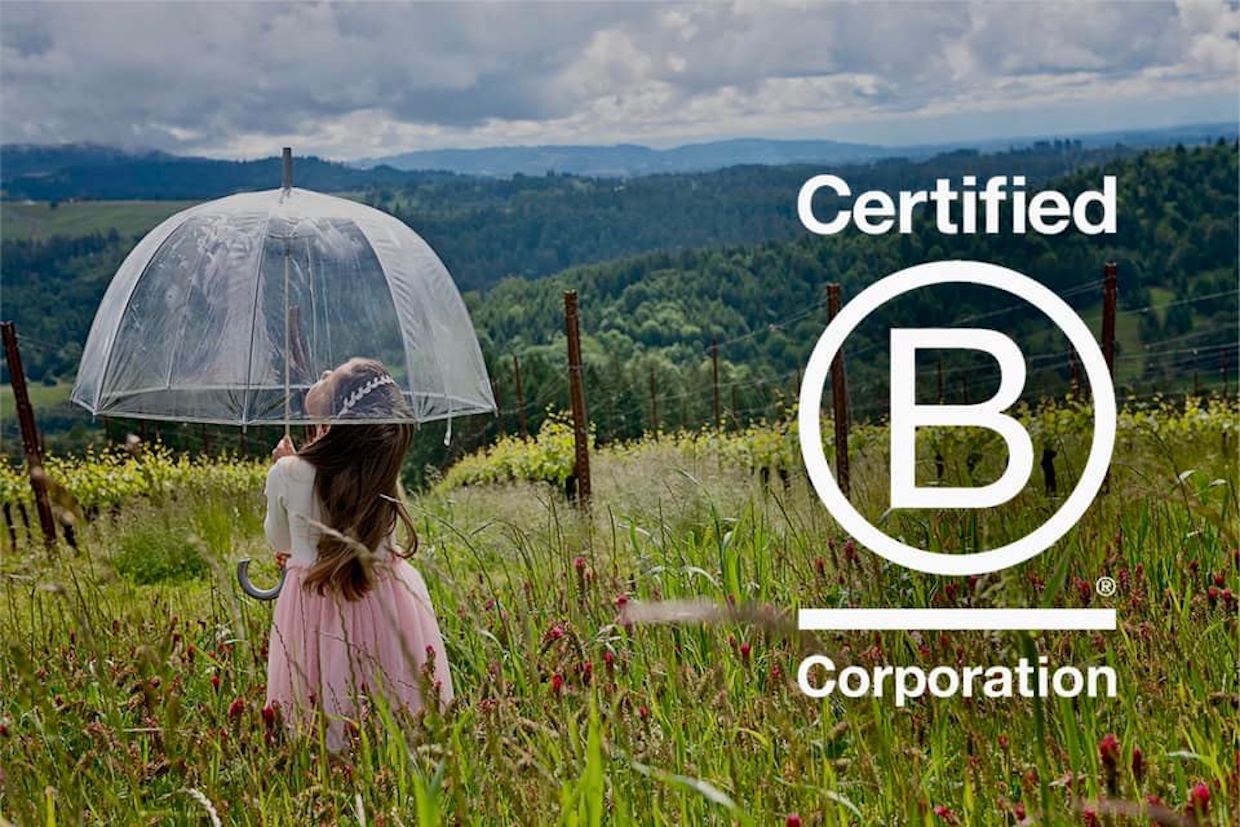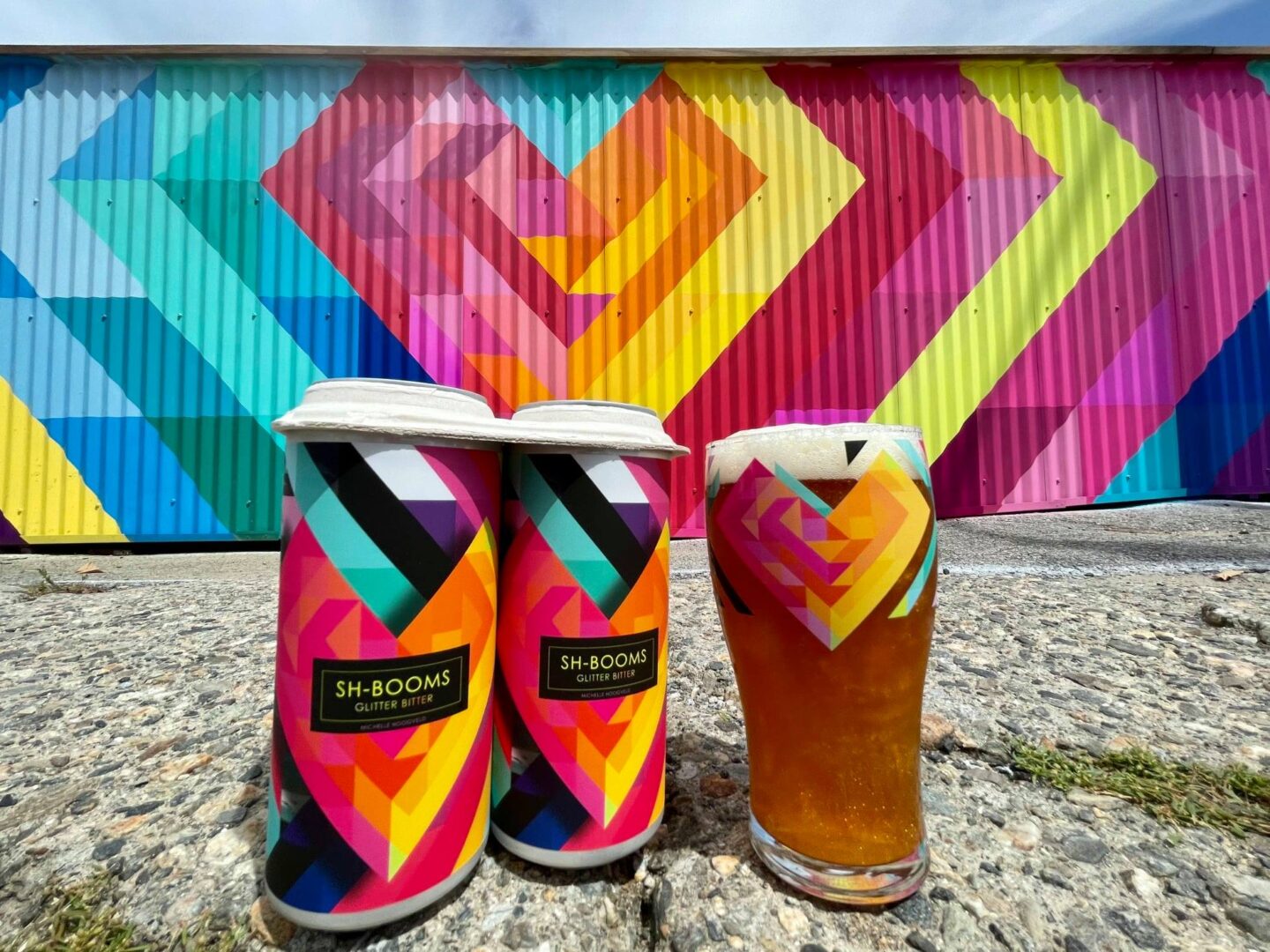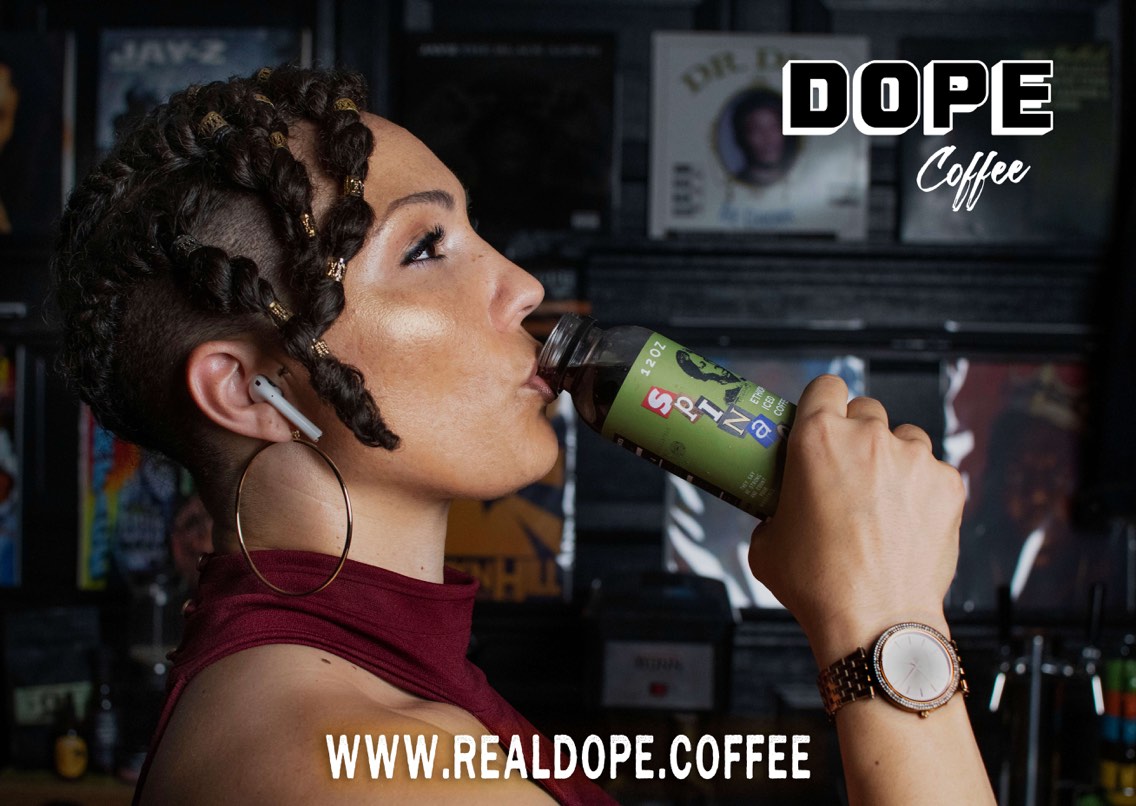6 Beverage Makers Practicing Sustainability
Check out these 6 beverage makers that are taking impressive strides in sustainability.

As our team here at Arryved POS seeks improvements to our own environmental and social impact, we’re admiring other businesses that are paving the way forward in hospitality.
Below are 6 beverage makers that are taking impressive strides in sustainability, including some businesses founded for the sole purpose of bettering the world!
Redemption Rock Brewing Co.
Beer for People has been Redemption Rock’s mantra since opening its Worcester, MA doors in 2019. The idea behind their mission is simple: Beer is delicious, taprooms exist for community-building, everyone should have welcome access to enjoying beer, and running a business is about purpose as much as it is about profit.
And the proof is in the certified pudding! Redemption Rock is the first Certified B Corporation Craft Brewery in Massachusetts, which is an incredibly high honor in the sustainability world. B Corp Certifications recognize businesses with the highest verified standards of social and environmental performance, public transparency, and legal accountability. It’s graded in 5 areas: Governance, Workers, Community, Environment, and Customers. It’s a rigorous verification process, and one that businesses undergo every 3 years. There are only 4,000 Certified B Corps in the whole world!
Here are some ways that Redemption Rock practices sustainability:
- Blind hire to improve staff diversity
- Donate spent beer grain to local farms
- Pay employees fair wages so they don’t depend on tips, then take all collected tips as donations to a local nonprofit each month
- Offer diverse menu items to appeal to more audiences
With specialty coffee, tea, kombucha, and locally-sourced charcuterie on the menu, Redemption Rock is well on their way to sustaining any guest all day long!

Cultured Kombucha
Milan Jordan created Cultured Kombucha to diversify the health and wellness scene, and inspire minority communities to care about their gut health. Jordan’s background is in Architecture and American Studies, which gives her an upper hand in understanding the role design plays in community and culture. She believes that wellness has a race problem that’s “multi-pronged”: Representation, access, and barriers to entry are all to blame.
Besides creating a product for the sole purpose of raising probiotic health awareness in minority communities, Cultured’s social impact strategy gets even more robust:
- Tiny Leaf is a partnership program that works with a new, multicultural herbalist every quarter. Cultured brews a custom kombucha using the unique tea blend, aiming to spotlight local tea brands and celebrate their creativity.
- Cultured plans to strategically attend farmers markets that accept SNAP and EBT assistance dollars, so that consumers in all financial brackets can purchase their kombucha.
- Cultured sources all produce locally from a farm that helps city schools activate their greenspace with gardening programs, and empowers the surrounding communities with resources to inspire sustainable living.
Unfortunately, like many other small businesses, Cultured was forced to halt production indefinitely because of COVID. The company is now raising money via IFundWomen to relaunch Cultured and get sustainably sourced kombucha in the hands of the people they set out to serve:
In some regards Cultured Kombucha feels as necessary now as two years ago when we launched, but for very different reasons. The same disinvested communities and underserved populations that Cultured was created to serve are being hit with illness and lack of funding support. The pandemic has widened the gap between well-resourced businesses and minority-owned businesses that continue to struggle for funding, support, and guidance on survival.
Milan Jordan, Founder of Cultured Kombucha
Cultured hopes to purchase brewing equipment, lease a commercial kitchen, and pay staff to attend events and offer direct to consumer delivery and shipping services.
Et Fille Winery
In Willamette Valley, Oregon, father and daughter pair, Howard and Jessica Mozeico, took their garage wine production to the big leagues when they cofounded Et Fille in 2003. Et fille translates to “and daughter”, and Jessica vowed to continue the business for her own 6-year-old daughter after Howard passed.
With a biotechnology background herself, Jessica knows how important STEM education is for kids, especially girls. That’s why Et Fille is dedicating proceeds of their 2020 STEM & root Pinot Noir to Girls Inc. PNW’s Eureka! Program. The program engages girls in 8-12th grade in STEM, encouraging interest at a pivotal time when students are deciding their future career paths.
In addition to prioritizing education in their community, Et Fille is B Corp Certified as of March 2022! Mozeico and team understand the effect a healthy earth has on their grapes, and how critical it is to protect and preserve their land. The winery actively seeks out vineyards to grow in with LIVE (Low Input Viticulture and Enology) and Salmon Safe certifications. Both certifications acknowledge vineyards that are improving diversity in the agro-ecosystem, limiting chemicals in pesticides and fertilizers, and protecting streams against soil erosion and runoff.
“As a winery, we are tied to our land, seasons, and the community. Our goal is to leave each of those in a better place for the next generation.”
Jessica Mozeico
Sing Sing Kill Brewery
Sing Sing Kill Brewery was started by a dedicated environmentalist and a 20-year home brewing veteran. Eric Gearity was actively involved in the anti-fracking movement, and worked to prevent New York’s farmland from being destroyed by fossil fuel companies. When the NY Farm Brewery Bill came about, it increased demand for locally grown products, which also increased economic impact and created a bunch of new businesses in brewing. The state’s farmland regained its value, and NY craft breweries could once again get the best grains and hops from local farmers.
Meanwhile, Gearity’s friend Matt Curtin was a humble home brewer, starting in an apartment kitchen and eventually graduating to a garage, where he brewed for barbecues and birthday parties.
“I wasn’t a home brewer that tried to wow my friends with my latest soy sauce beer. I’m more into the idea of an artisan working alone to hone and perfect something for the sake of the pursuit.” -Matt Curtin
Matt Curtin
Now, their joint venture, SSKB, is dedicated to serving up delicious beer at their downtown Ossining location using sustainable practices:
- Locally sourced: Nearly 100% locally sourced malt and hops, in addition to all brewhouse and cellaring equipment purchased from New York state.
- Renewable energy: Electricity in both the taproom and brewery is powered 100% by renewable energy resources.
- Water conservation: SSKB uses thermal fluid instead of steam in the brewing operation to improve efficiency and reduce water consumption. Plus, bathrooms in the taproom use a water saving dual-function flush valve!
Check out their sustainable taproom next time you’re in upstate New York!
Maker’s Mark
Maker’s Mark has had a long-term environmentally-focused mission: Make Your Mark. Leave No Trace. Now, they’re the largest distillery in the world to be B Corp Certified and also the first in Kentucky’s Bourbon Country to receive the distinction! The whiskey giant’s environmental, community, and workplace efforts include:
- Partnership with The LEE Initiative, where they worked together to feed more than 1.5 million US hospitality workers during the pandemic.
- Programs at their Star Hill Farm production property that preserve the natural resources that go into making their whiskey, such as a natural water sanctuary that protects watersheds at the farm.
Beyond what was graded by the B Corp Certification process, Maker’s is doing good for the spirits industry in general. They’ve established the world’s biggest repository of American White Oak trees for research, began a genome mapping project of the White Oak species, and practice regenerative farming for soil enrichment.
It’s great to see big industry names like Maker’s lead by example for smaller distilleries!

Dope Coffee
Dope Coffee was started by husband and wife team Mike and Chel Loyd. A black, woman, and veteran-owned company, Dope is on a mission to bridge the worlds of coffee, hip-hop, and culture by offering coffee-oriented products to elevate and uplift black culture.
The Loyds believe coffee is a conduit for conversation. They source all of their beans from East Africa and their varying flavors are inspired by “the taste buds of Black culture.” In addition to coffee, Dope offers coffee-inclusive health and body products (scrubs, soaps, coffee-infused beard and scalp serum) and recently released Spinach, the first album from the budding record label Dope Coffee Music.
Besides increasing Black representation in coffee, Dope is dedicated to their community in other ways. Through Atlanta’s Black Sheep Accelerator program, Dope helps new Black-owned startups with promotions, strategic planning, and raising capital.
Dope is currently raising money themselves to increase marketing, bring manufacturing in-house, and purchase a delivery van to decrease COGS and expand their sales footprint.
Well, I don’t know about you, but I’m thirsty! If you’re interested in learning about sustainability in hospitality as a whole, check out What Sustainability in Hospitality Means & Small Steps You Can Take.
